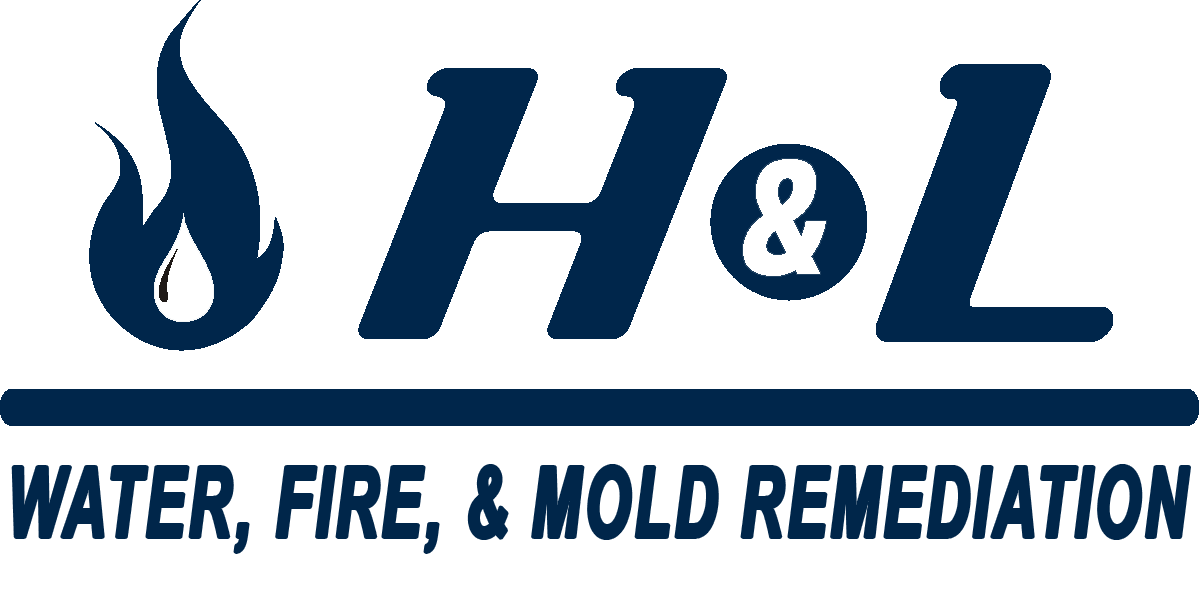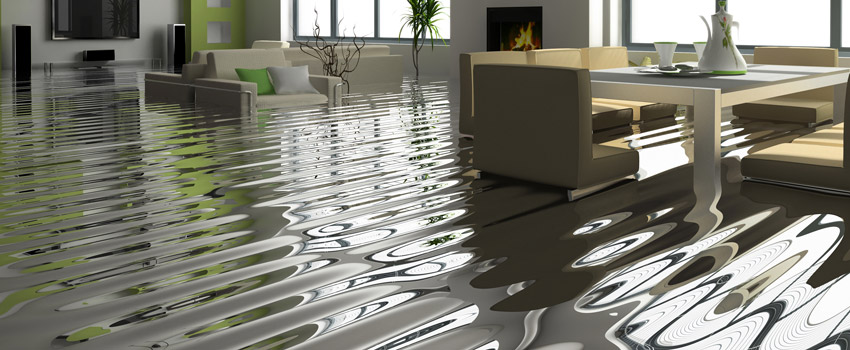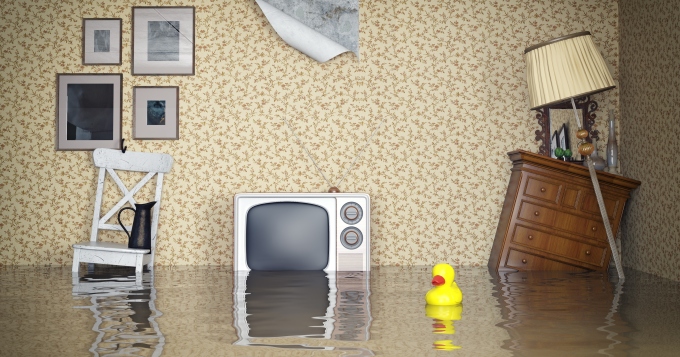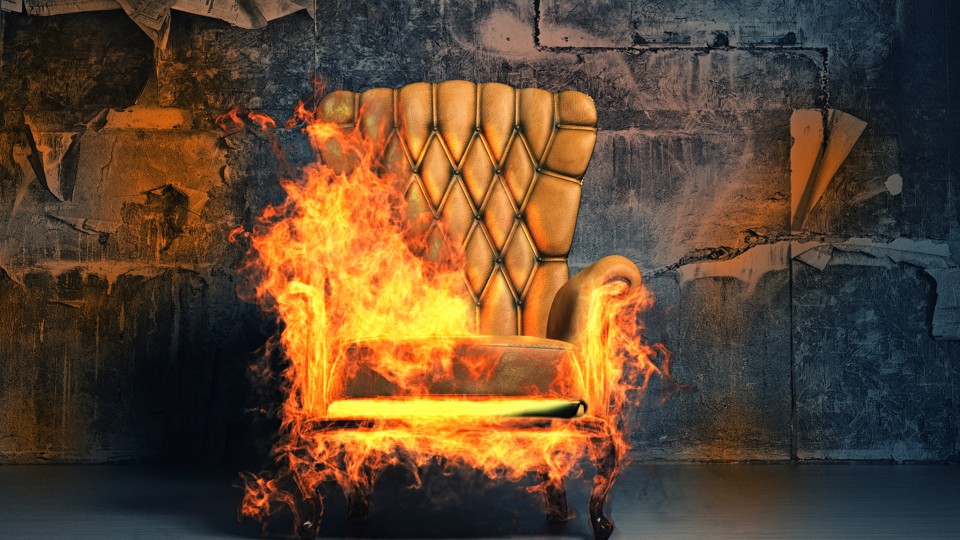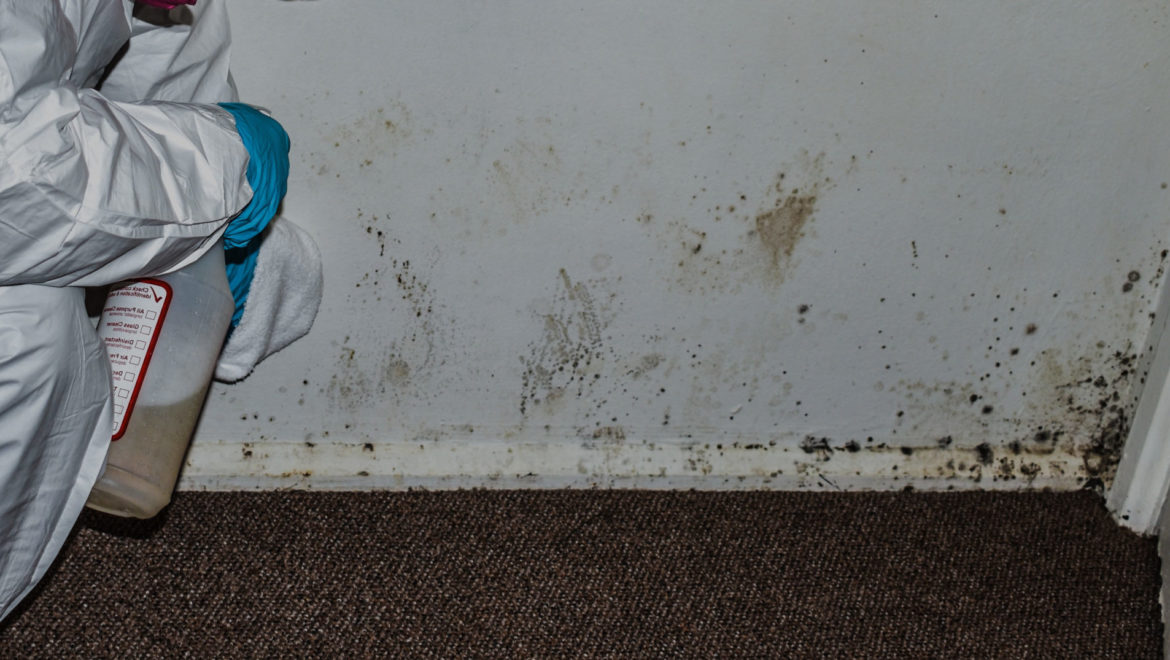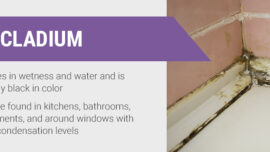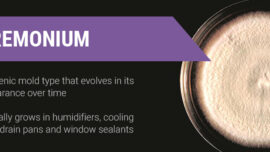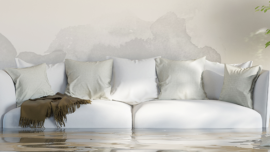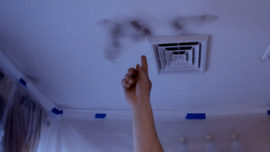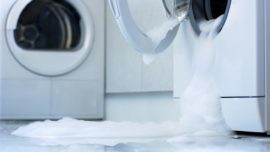Should I Call My Insurer or a Damage Repair Company First?
When dealing with fire damage or flooding in your home the first instinct most home owners have is to call their insurance company straight away. Although this may seem like the right call, it isn’t necessarily the best way to manage the restoration process.
With over 10 years in service providing the residents of Santa Clara County with property damage restoration, we’ve helped over 100 families navigate the uneasy waters of the claims process.
Below we have outlined the best steps to take when dealing with any property damage in your home or business. Read on! The information outlined in this post could save you thousands.
Step 1: Always Remember to Put Your Safety First!
The first thing you should do before you call anyone is to ensure that you and your loved ones are safe and accounted for and safe. The next thing to do in the case of a fire would be to call 911 for the local fire department. In a flood, you would likely want to shut off the main water valve. This will stop more water from flooding into your home.
Never stay on site at a home that is unsafe to be in. Get yourself and your family to a safe haven before making any more calls.


